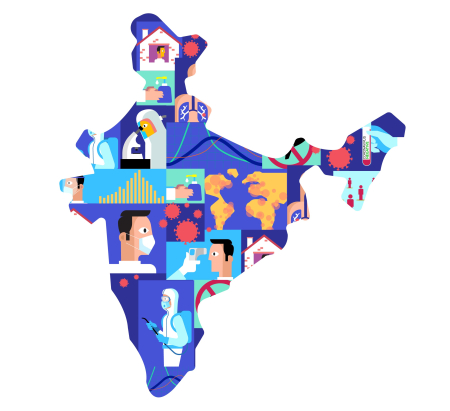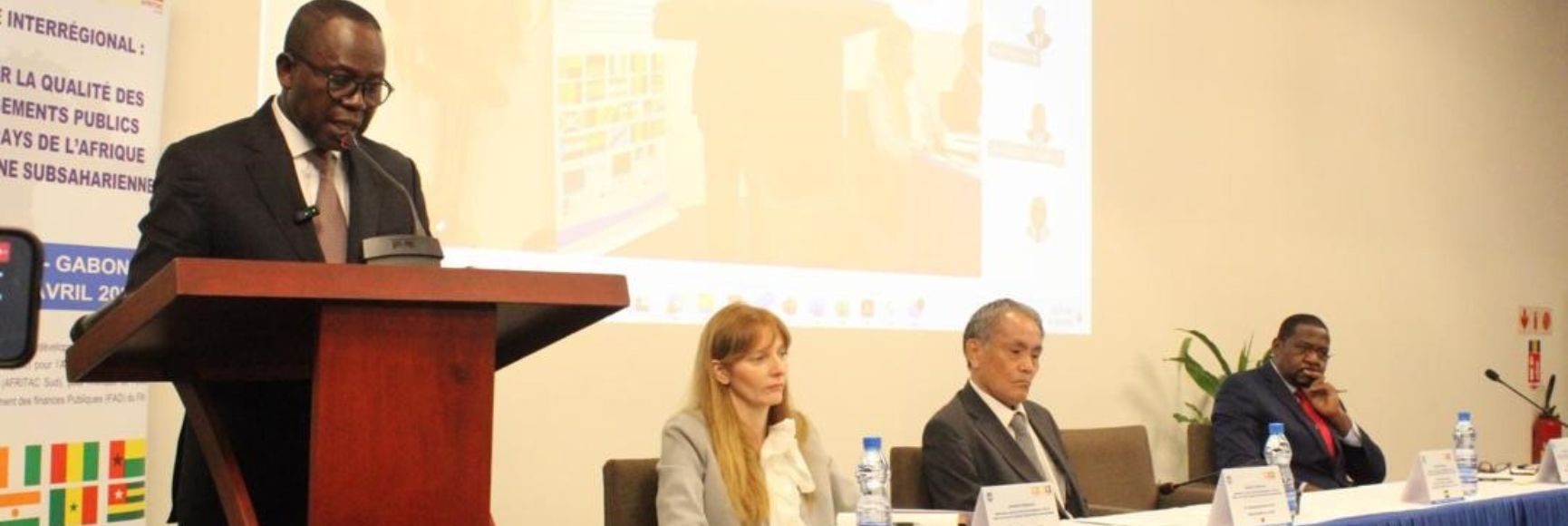
Posted by Ramesh Kumar Nanjundaiya[1]
A top priority of the Indian government is to facilitate and encourage the timely manufacture and delivery of COVID-19 vaccines to citizens as well as exports to more than 50 countries across the globe. Some of these overseas supplies are donations appropriately termed as “vaccination diplomacy”. The government’s target is to ramp up its vaccination program from the present 3 million doses per day to at least 6 million per day.
For such a huge campaign across the country, access to new digital technologies and mobile devices, using cloud based services, will be essential. These services need to tap into the many specialized hospitals and health clinics springing up all over India.
While the current COVID-19 vaccination program in India has yielded positive results, there have also been many challenges. These include manufacturing delays, raw material shortages, capacity constraints, challenges of balancing demands, staggering rollout mechanisms, and transportation and logistical issues.
Digital technologies are already playing a critical role to support the production, monitoring, delivery and management of the vaccination program. The digital recording of vaccinations and follow-up systems have made a good start by using standard (Pan and Aadhar ID cards) government sponsored ID systems to determine eligibility and track patients between doses.
The success in reaching out to India’s huge population can be partly attributed to a mobile app. Aarogya Setu is a COVID–19 contact tracing, mapping and self-assessment digital service. This user-friendly technology was developed by India’s National Informatics Centre under the Ministry of Electronics and Information Technology (MeitY).
Aarogya Setu has been a major success story. Statistics indicate that by September 2020, the app had more than 157 million registered users. Registrations are growing at about 5 million per month. The app is fully secured and encrypted to protect confidentiality, a feature lauded by the WHO.
In the last decade, digital transformation efforts and their their application in the health sector in India have moved forward in leaps and bounds. What started as the use of computers in hospitals for billing, appointments and scheduling, has moved into applications for sophisticated medical devices such as MRI machines as well as fully interactive websites and online platforms. Digital technology is enabling error free online appointments, video consulting, as well as conferencing and telemedicine applications.
Hospitals have up-skilled themselves with applications such as Al-enabled medical devices and electronic health records. The whole doctor-patient relationship is being transformed through timely decisions on treatment schedules, the optimal use of operating theaters, and better sharing of information consistent with the "patient is the king" mindset. Hospitals are also using digital technology to improve predictive analytics based on medical records.
In view of increasing healthcare costs and COVID-19 restrictions, another important development, especially in urban areas of India, has been digital applications such as telemonitoring devices and virtual consultations. The market for medical “wearables” for recording patients’ heartbeat, pulse rate, blood pressure, and blood sugar level is also expanding fast across the country.
The installation of electronic health records and information systems in many hospitals and health centers will support the real time monitoring of patients’ health, remote diagnostics or tele-home care. The technologies being used include telemedicine and diagnostics, mobile device healthcare applications, RPM sensors, and the use of webcams, video-conferencing, videophones and WebPages for monitoring patients’ health.
These developments in India clearly indicate that digital healthcare applications hold tremendous promise and opportunities, not only for the COVID-19 vaccination campaign but the entire suite of health care services across the country.
[1] Ramesh Kumar Nanjundaiya is an international banker turned government advisor, professor and global ambassador.
Note: The posts on the IMF PFM Blog should not be reported as representing the views of the IMF. The views expressed are those of the authors and do not necessarily represent those of the IMF or IMF policy.





